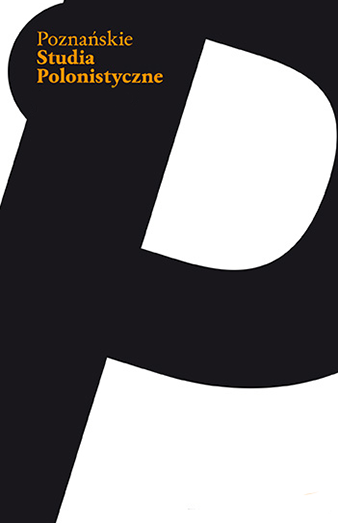Curiositas i kobiety
Curiosity and women
Author(s): Joanna PartykaSubject(s): Gender Studies, 17th Century
Published by: Wydawnictwo Poznańskie Studia Polonistyczne
Keywords: curiositas; knowledge; the educated woman; woman author;
Summary/Abstract: Since ancient times, curiosity (curiositas) was perceived as a misdeed, negative passion resulting from an irrepressible drive in the pursuit of knowledge and associated with conceit. However, its positive aspect did not go unnoticed. This was associated with moderate inquisitiveness, which did not exceed the limits of cognition, and was determined by the existing worldview (curiositas versus studiositas). There existed a conviction that women, being closer to nature and unable to control their emotions, were more likely to succumb to undesirable curiosity; the mythical Pandora and biblical Eve being cited as examples to further underscore the point. Hence, they were taught the ability to refrain from wanting to satisfy their curiosity. In spite of this, 17th century Europe witnessed the emergence of women, many of whom were authors of scholarly essays and dissertations, works of encyclopedic nature, of textbooks and manuals on natural philosophy, “books of secrets”, of women’s writing, and of poems describing the universe. In the Republic of Poland, though, this type of creative activity was, for quite some time, met with uter incomprehension or no acceptance, if not outright criticism.
Journal: Poznańskie Studia Polonistyczne. Seria Literacka
- Issue Year: 2017
- Issue No: 31
- Page Range: 71-87
- Page Count: 17
- Language: Polish

